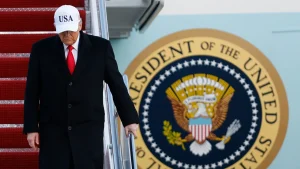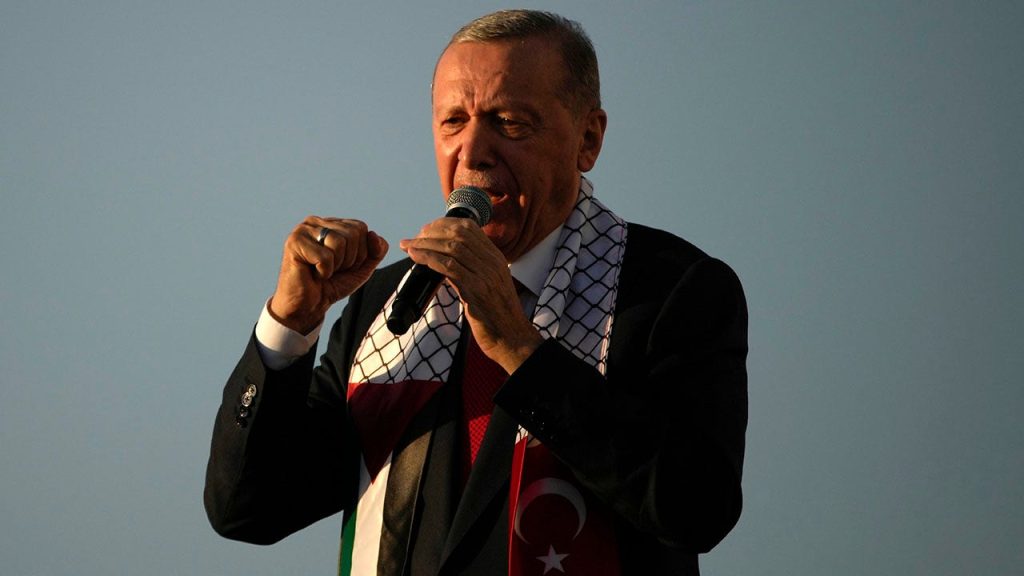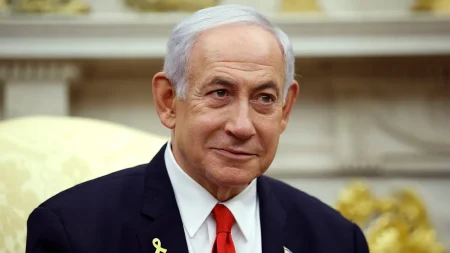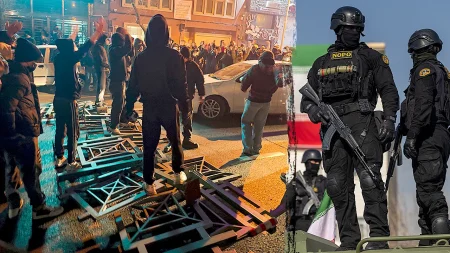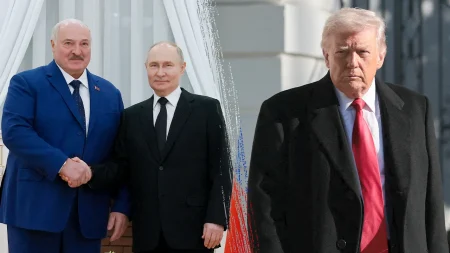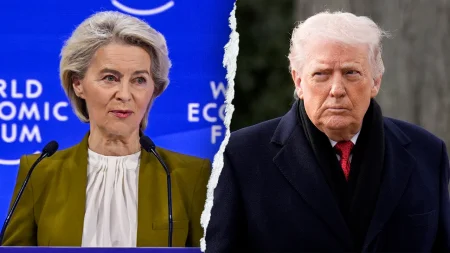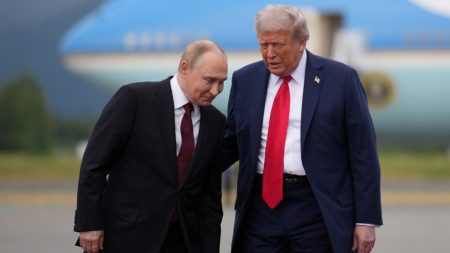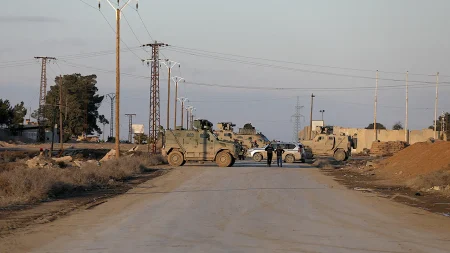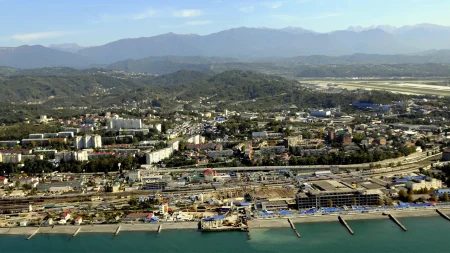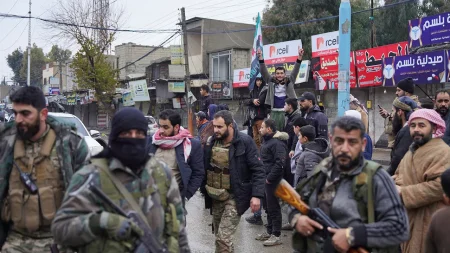The recent pronouncements and actions of the Turkish government regarding Syria have ignited a firestorm of controversy and heightened anxieties over the fragile stability of the region. Foreign Minister Hakan Fidan’s declaration that Turkey’s strategic goal is the elimination of the YPG, the primary Kurdish fighting force that partnered with the U.S. to defeat ISIS, sent shockwaves through Washington and the international community. This stance directly contradicts the U.S.’s long-standing alliance with the YPG and the broader SDF, raising serious concerns about the future of counterterrorism efforts in Syria and the security of the region. The State Department’s response, referencing prior discussions on cooperation against ISIS, seems inadequate given the gravity of Fidan’s statement and the escalating tensions on the ground.
Turkey’s increasing military activity in northern Syria, ostensibly aimed at Kurdish forces, poses a significant threat to the ongoing fight against ISIS. President Erdoğan’s pursuit of territorial gains in the wake of Assad’s weakened rule has destabilized the region and diverted crucial resources away from counterterrorism operations. SDF Commander General Mazloum Abdi has painted a grim picture of the situation, detailing constant attacks from Turkish forces and their allies, which are hindering efforts to contain ISIS. These attacks not only undermine the SDF but also create an environment ripe for ISIS resurgence, including the potential escape of thousands of ISIS prisoners currently held in SDF-run detention camps. This jeopardizes the hard-fought gains against ISIS and presents a grave danger to regional and international security.
The Turkish offensive against the SDF has triggered international alarm and calls for action. U.S. Senator Lindsey Graham has threatened to reintroduce bipartisan sanctions against Turkey for their actions against the Kurdish forces. Experts warn that Turkey’s military involvement in Syria is jeopardizing regional stability, exacerbating the humanitarian crisis, and hindering international efforts to achieve a lasting resolution to the Syrian conflict. Critics argue that Erdoğan’s actions are driven by expansionist ambitions and a desire for demographic change in northern Syria, further complicating the already intricate situation. Calls for diplomatic intervention to protect vulnerable minority groups in the region are growing louder.
The situation in Syria is further complicated by the precarious position of religious and ethnic minorities, particularly Christians, who face increasing persecution from extremist groups like Hayat Tahrir al-Sham (HTS). Turkey’s actions, according to some analysts, indirectly embolden these extremist groups and contribute to the instability that fuels their rise. With the Christian population in Syria already decimated by years of conflict, the ongoing instability and Turkish offensive threaten to further erode their presence and create an even more hostile environment for minorities. The international community faces the challenge of balancing competing interests while addressing the urgent need to protect vulnerable populations caught in the crossfire.
The United States’ response to this complex situation is critical. While the State Department has reaffirmed its commitment to the defeat of ISIS and respect for human rights in Syria, concrete actions are necessary to address the escalating tensions and mitigate the risks posed by Turkey’s offensive. The potential for sanctions against Turkey remains on the table, but the exact measures being considered remain unclear. Navigating the delicate balance between maintaining a strategic relationship with Turkey while protecting its Kurdish allies and combating ISIS presents a significant foreign policy challenge for the U.S. The international community will be closely watching the U.S.’s next moves as they could have significant implications for the future of Syria and the broader region.
The Syrian conflict, once primarily focused on the overthrow of the Assad regime, has morphed into a multi-faceted struggle involving various state and non-state actors with competing interests. Turkey’s intervention against Kurdish forces adds another layer of complexity to this already convoluted conflict, raising concerns about the potential for further escalation and destabilization. The future of Syria remains uncertain, and finding a lasting solution that addresses the complex security and humanitarian challenges requires a concerted and coordinated effort from the international community. The Turkish offensive, however, threatens to further derail any progress towards peace and stability, underscoring the urgent need for diplomatic engagement and a comprehensive strategy to address the root causes of the conflict.
